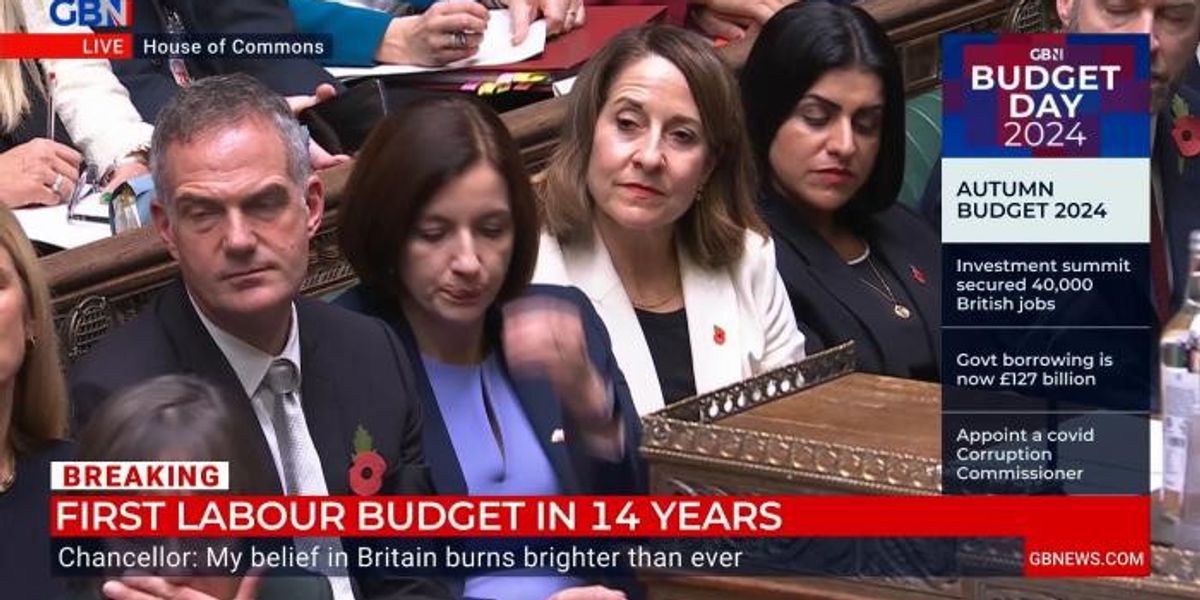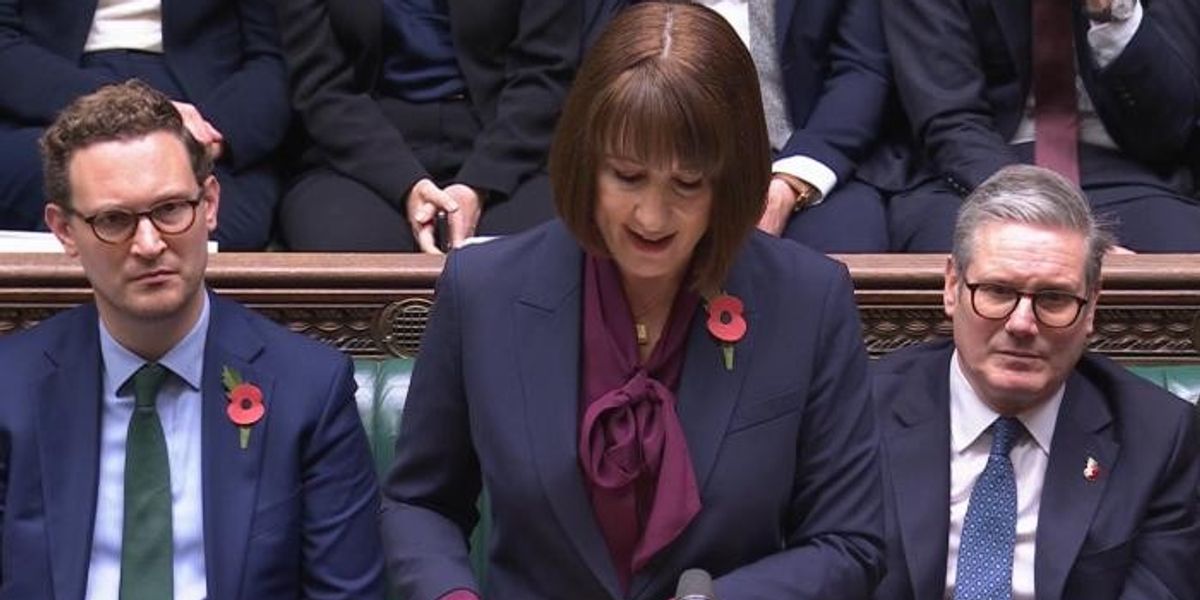KUALA LUMPUR – Parti Pribumi Bersatu Malaysia president Muhyiddin Yassin’s hand-picked nominees won the three vice-presidencies in leadership polls on Nov 2, reflecting the former prime minister’s hold on the embattled opposition party amid jostling among top leaders and recent defections.
The party’s divisional general meetings that preceded the triennial internal polls saw at least 10 out of close to 200 Bersatu divisions suspended, while dozens of members have quit in Pahang and Johor states. Questions were also raised over the polls result for the Youth chief.
Bersatu needs to avoid deeper turmoil if it wants to retain its position as the lynchpin of Malaysia’s opposition pact Perikatan Nasional (PN), which includes Parti Islam SeMalaysia (PAS), and refocus its efforts on toppling Prime Minister Anwar Ibrahim’s multi-coalition government.
Bersatu has 25 lawmakers in the federal Parliament, after six MPs were automatically ejected for backing Datuk Seri Anwar, while PAS has 43, making it the biggest party in Parliament. PAS also has the most state assemblymen.
Adding to its troubles, Bersatu – a Malay-based party founded by former Umno leaders – has been hit by back-to-back by-election losses in Nenggiri, Kelantan, in August and Mahkota, Johor, in September, making it vital to quickly turn the tide.
The polls result showed that, at the very least, the party has staved off further internal conflict, thanks to Muhyiddin’s brokered compromise between factions led by former Cabinet ministers Hamzah Zainudin and Azmin Ali.
“Despite all the troubles and the grumbling from some segments of the party since ending up in the opposition, the results show that at the very top, Muhyiddin still has staying power because he can negotiate the dynamics of ambitious politicians,” independent political consultant Adib Zalkapli told The Straits Times.
“He remains the glue keeping warring factions in the party together, as well as the PN pact as PAS has yet to offer a figure that can appeal to as wide a demographic as ‘Abah’,” he added. Mr Adib was referring to the Malay word used to refer to one’s father, which became Muhyiddin’s moniker when he was premier through the Covid-19 pandemic of 2020 and 2021.
Bersatu was formed in 2016 as a direct response to the 1Malaysia Development Berhad (1MDB) scandal engulfing then Premier Najib Razak. It took power in 2018 when its then chairman Tun Dr Mahathir Mohamad was sworn in as prime minister, following the Pakatan Harapan (PH) coalition’s election victory.
Under the “kompromi” (compromise) agreed by the Bersatu factions, Muhyiddin remained president unchallenged. He had in 2023 stated his intention to retire, only for the party to unanimously agree for him to stay on.
Outgoing secretary-general Hamzah, who is currently the Parliamentary Opposition Leader, took the deputy presidency unopposed.
These were part of the president’s proposal in July after the Bersatu supreme council gave him the mandate to broker negotiations to ensure unity in the party.
The party has been rocked by its accounts being frozen by the government, party leaders, including Muhyiddin, fighting graft and sedition charges, and a string of defections resulting in the loss of six MPs since failing to form the government after the November 2022 general election.
Under the brokered solution too, former Selangor chief minister Azmin, who did not contest any position in the party polls, was promised the office of secretary-general.
Outgoing deputy president Faizal Azumu agreed to step down a rung to become one of the three vice-presidents alongside incumbents Radzi Jidin and Ronald Kiandee as part of Muhyiddin’s preferred slate. But three other candidates also threw their hats in the ring to contest the posts.
The closely watched battle saw former ministers Radzi and Ronald easily retaining their positions with over 11,000 votes. But former Perak chief minister Faizal just managed to take the third slot with 9,278 votes, just over half the number of delegates who cast their ballots.
Lower down the pecking order, leaders linked to Mr Hamzah and Mr Azmin won several seats in the party’s policy-making supreme council as well as the women’s and youth leaderships.
However, the battle for youth chief was clouded in controversy as unofficial counts had Mr Azmin’s former political secretary Hilman Idham trailing. The Selangor state assemblyman was eventually installed as youth chief after an appeals period to challenge doubtful ballots.
Bersatu will need time to right its ship, analysts say, after two division chiefs, hailing from swing states Pahang and Johor, quit with dozens of members claiming a lack of transparency and integrity in the party polls. The party also barred 10 divisions from electing new leaders.
These two states are crucial to PN’s campaign to wrest power from Prime Minister Anwar’s multi-coalition government, which will be difficult to shift in its western stronghold.
Adding Pahang in the east and Johor in the south to PN’s four northern states of Perlis, Kedah, Kelantan and Terengganu at a general election due by early 2028, would likely see Muhyiddin returning to power.
A failure to do so, however, would likely result in calls for new leadership for the opposition pact, with PAS’ Terengganu chief minister Samsuri Mokhtar being widely billed as a more moderate face to temper the Islamist party’s conservative image.
“Although the divisional general meetings saw some issues, the leadership polls result consolidates the party for now, at least until after the next general election,” risk consultancy KRA group’s strategic director Amir Fareed Rahim told ST. “The question moving forward is not so much whether Muhyiddin is acceptable to the Bersatu base – he has proven it at these polls and also when he offered to retire but was asked to stay – but whether he can galvanise voters the way he did in 2022.”
Mr Amir noted how PN had surprisingly taken the lion’s share of the Malay majority at the 2022 polls from a direction-less Barisan Nasional led by a faltering Umno.
“But a Muhyiddin-led PN taking non-Malay votes from a PH-led unity government is a more complicated proposition.”

 By The Straits Times | Created at 2024-11-05 21:34:57 | Updated at 2024-11-06 01:45:30
4 hours ago
By The Straits Times | Created at 2024-11-05 21:34:57 | Updated at 2024-11-06 01:45:30
4 hours ago








